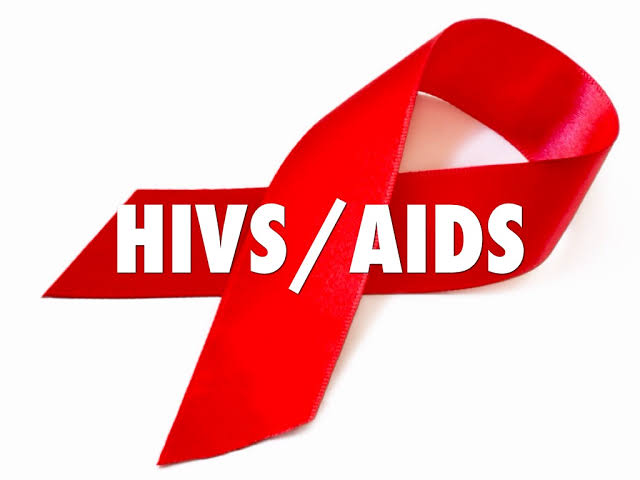Ibrahim Anate, the Acting Executive Secretary of the Kogi State Agency for the Control of Aids, has revealed that more than 50,000 individuals are currently living with HIV/AIDS in the state.
Anate made the disclosure during an interactive session with journalists following a road walk in Lokoja, the state capital, to mark the 2024 World AIDS Day on Monday.
The walk was organized by the Centre for Integrated Health Programmes (CIHP) in partnership with the Kogi State Agency for the Control of Aids.
In his remarks, Anate stated, “Currently, about 50,000 people are living with HIV in Kogi State, with 36,066 individuals actively receiving treatment.”
He emphasized the state’s ongoing efforts to combat the epidemic and raise awareness, particularly in hard-to-reach areas.
“We are working tirelessly to spread awareness across communities, ensuring that people are informed about HIV/AIDS,” he said.
Anate also highlighted the commitment of the state government, under Governor Alhaji Usman Ododo, to provide treatment for those living with HIV and prevent mother-to-child transmission by ensuring that pregnant women living with HIV give birth to HIV-negative babies.
“The current administration is committed to reducing the number of people living with HIV and providing support to the Ministry of Health and KOSACA to take this message to all parts of the state,” he added.
However, Anate acknowledged the difficulties faced by some HIV patients in accessing treatment due to ongoing security challenges in certain areas of the state.
He also appealed to Governor Ododo to sign the recently passed Anti-Stigma HIV Law, which would allow people living with HIV to declare their status without fear of discrimination.
“Once the governor signs this law, people living with HIV will have the confidence to come forward and get the support they need,” Anate stated.
Inyama Lawrencia, the Kogi State Technical Lead for CIHP, also spoke about the challenge of mother-to-child transmission of HIV in the state.
She emphasized the need for pregnant women to attend antenatal services to know their HIV status, particularly in light of the financial difficulties many women face, which prevent them from accessing these services.
“We are working hard in the communities to encourage women to get tested, but financial constraints are a significant barrier for many,” Lawrencia said.

















